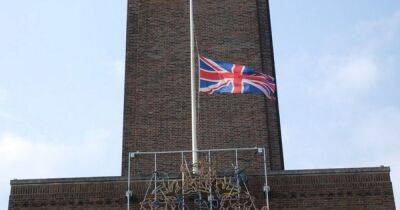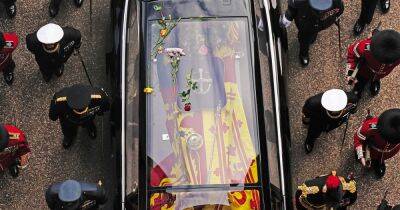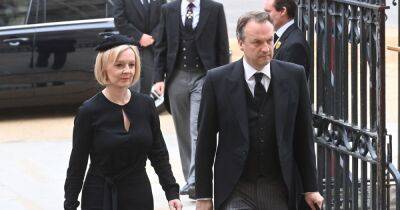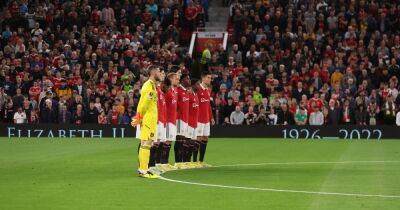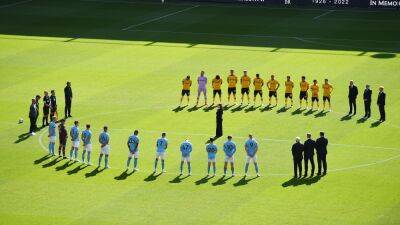How Manchester changed during the Queen’s 70 years on the throne
A constant in an ever-changing world, the Queen was the longest serving-monarch in the United Kingdom’s history.
During her 70 years on the throne she witnessed momentous political and societal shifts as the world transformed around her.
Speaking during the BBC documentary, Elizabeth: The Unseen Queen, the monarch said: “I have lived long enough to know that things never remain quite the same for very long.”
And that was certainly true of our city. Here we take a look back at some of major landmarks and significant changes in Manchester during the Queen’s reign.
When the young Queen Elizabeth came to the throne on February 6, 1952, Manchester and the rest of United Kingdom was still reeling from the Second World War.
Exhausted, skint and threadbare, much of the city was still a bombsite, rationing was harsher than ever and there was an acute lack of decent housing. But hope was on the horizon.
A post-war boom saw prosperity gradually return, as the ‘Golden Age’ of the 50s and 60s began in earnest.
As television became widely-available to ordinary working people, Manchester took its place at the centre of the new technology.
Founded by Sidney Bernstein in May 1954, Granada TV began broadcasting to the North two years later – and independent television was born.
And there was also cause for optimism on the football pitch. In 1952 Matt Busby’s Manchester United won the league for the first time in more than 40 years, as the Scot began building his first great team.
The Busby Babes, as the young squad became known, would add two more league titles to the Old Trafford trophy cabinet and become the first English team to compete in the European Cup. But on February 6, 1958, tragedy struck.
On the way home from a European Cup




